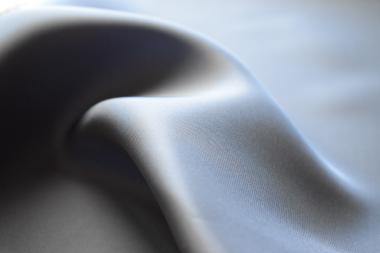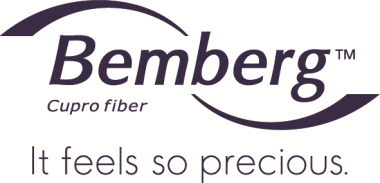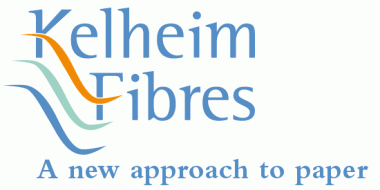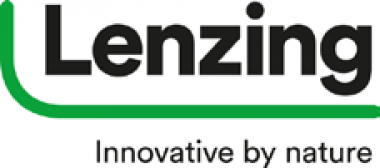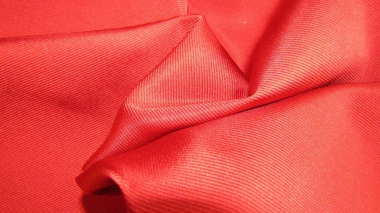A collection reborn: Light on the Land 2.0 is out!
- Miles Johnson and ISKO’s Creative Room present the new responsible collection.
The second edition of this partnership tells the story of a unique combination of creativity and expertise brought to the table by ISKO’s style and design center, Creative Room Italy, and the innovative designer Miles Johnson, resulting in a collection featuring responsible R-TWO™ fabrics and a selection of sustainable accessories and details.
An act of care for the planet and its people, Light on the Land 2.0 is the new capsule designed by Miles Johnson and ISKO. Former Design Director at Levi Strauss & Co. and Senior Creative Director of Product Design and Development at Patagonia, Inc., Miles joined forces with Creative Room and Iskoteca, ISKO’s Italian style and washing research hubs, to develop a collection that brings responsibility in the fashion industry to the next level.
The project includes 32 unique pieces, each of them realized with seasonless designs and sustainably-minded details. All the fabrics used in the collection were carefully selected from ISKO’s R-TWO™ platform. Using a mixture of reused cotton and recycled fibers, the technique embeds material circularity into the production processes, designing waste out of the system and minimizing impact at scale. Certified to Textile Exchange environmental credentials according to the percentage of materials contained, R-TWO™ ensures better use of raw materials and resource efficiency. ISKO’s Environmental Product Declarations (EPD®s), available for all its +25,000 products, offer a unique opportunity to measure the impact of R-TWO™’s savings in the Lifecycle Assessments (LCAs) framework, where resource savings can be seen in carbon impact, water-use reductions and many other impact KPIs.
Light on the Land 2.0 incorporates responsible design principles such as Cadica’s new and innovative trims, made of vegan apple “leather”, and has been developed using ecoconscious finishing techniques. The collection also features many additional sustainable facets such as efficient low-waste pattern cutting and design, efficient sewing methods, removeable rivets for end-of-life and biodegradable thread which can be removed at high heats.
“When we first started working on this project, we knew it was going to be amazing,” explained Massimo Munari, Manager and Art director Creative Room, ISKO. “To design a collection like this, you need to begin with the right mindset and of course, the right materials. R-TWO was the perfect ingredient, thanks to the re-used and re-cycled content. We then aimed to minimize impact at all stages: incorporating sustainable design ideas, washing processes and trims. We are proud to have created such an inspiring, and sustainable collection, and to bring our collective vision to light.”
Due to the unprecedented challenges of this time, the collection was entirely developed through remote working and creative solutions to ensure the safety and health of all parties involved. To this end, everyone was kept safe thanks to ISKO Vital™+ reusable and eco-friendly face covers, created with organic cotton to cater for comfort and sustainability.
ISKO
























